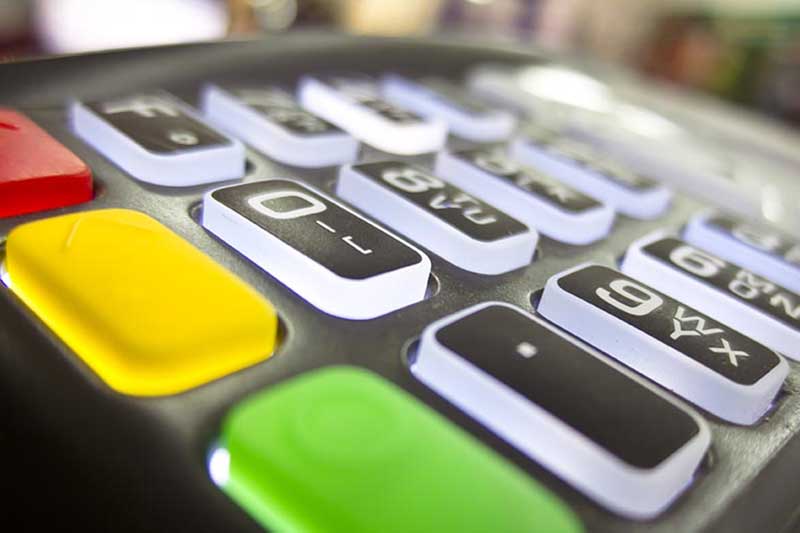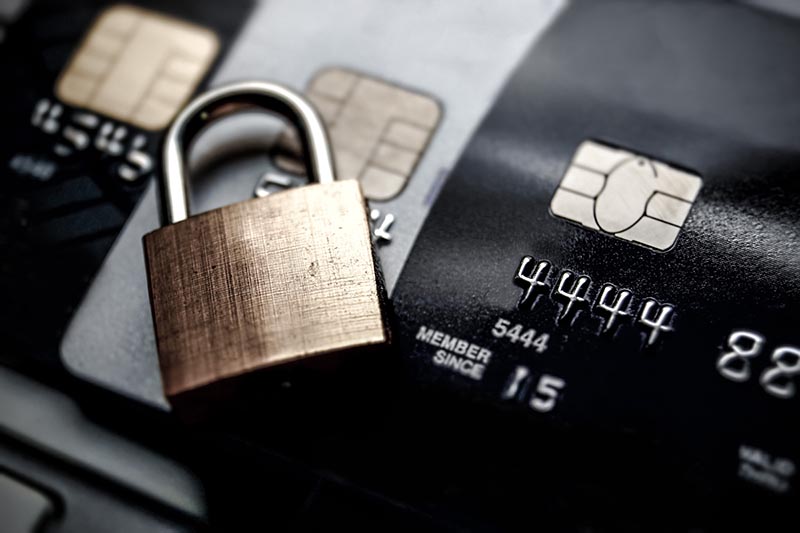Value Added Services
Seamlessly Handle All Aspects of a Point of Sale Transaction

Commercial Card Optimization
The interchange fees for credit card acceptance are a part of doing business. Hallman Processing can help identify interchange optimization opportunities. Many businesses are leaving money on the table and don’t realize it.
The interchange fees from credit card acceptance are part of doing business, but most businesses are unaware that card brand programs exist to help reduce these fees. A common misconception is that the payment processor’s mark-ups are the only place to save on fees. The more significant savings potential is actually in the interchange which is the hard cost of payment card acceptance. Interchange fees are those collected for the card brand and the card-issuing bank to partially cover the operational costs and risk associated with issued credit cards. Payment processors charge merchants a mark-up on top of interchange, which partially covers their operational cost and financial risks associated with processing and settling card payments for merchants.
There are over 300 levels of interchange with rates ranging from as low as .05% to as high as 3.25%. What determines the cost of interchange is based on many factors, including benefits given to the cardholder and perceived risk to the card network and the card issuer. While each interchange level might have static costs pre-determined by the card brands (Visa®/Mastercard®), many transactions are eligible to qualify at lower-cost rates. By optimizing interchange qualifications, transactions can land at the lower interchange rates. Interchange optimization does this by collecting additional transaction information to reduce the risk associated with each transaction. Most merchants collect Level I data, which includes the minimum information required to authorize and process a payment transaction. Collecting less data increases the recognized transaction risks for fraud, which is why Level I data carries the higher fees. Level II and Level III transactions are enhanced data capture levels that provide more in depth transaction information, usable by the cardholder, the card brands and their issuers. The additional information is valuable to the card networks, their issuers and allow the merchant customer to qualify for lower interchange costs if the enhanced data is presented with the transaction authorization.

Utility Interchange Reimbursement Fee Program
Utility payment transactions submitted by participating merchants must include a Merchant Category Code (MCC) of 4900 to be eligible for the Utility Interchange reimbursement Fee.
Merchants classified under MCC 4900 provide the generation, transmission, and/or distribution of electric, gas, water, or sanitary utility services on an ongoing basis. Merchants providing propane gas, home heating oil, landfill, septic tank and sewerage services, telecommunication or cable services are not eligible for this MCC classification. In addition, third-party bill-service providers are not eligible for this MCC classification. Only merchants that meet the MCC definition may use this MCC. Some further stipulations on the Visa program are that landfills, transfer stations, roll-off dumpsters and any service fee business does not qualify for their Utility Interchange fee (program).

Debit Optimization
Debit optimization enables customers to do two things; saving money and decreasing the risk of fraudulent transactions. Your business authorizes and settles debit card payments using either the card brand network on the front of the card or the debit networks printed on the back.
There are three key differences between these two processing paths: cardholder validation, chargeback mitigation, and costs. Processing a debit card through card brands means using the “credit rail,” while using the debit networks is called the “debit rail.” The debit rail requires the entry of a unique, secure personal identification number (PIN) known only to the cardholder. The PIN validates that the cardholder is most likely the authorized user of that debit card, which can stop fraudulent use before the transaction is authorized. In recent years, EMV technology has helped significantly reduce cases of card fraud, however, EMV can only stop counterfeit cards, not fraudulent card users - PIN changes that. This additional layer of validation helps your business protect itself against fraudulent use and fraud related chargebacks.

Surcharging
No matter the credit card, you can reliably accept and surcharge credit card payments. Plus, with credit card surcharge, you get a flat-rate PIN debit card acceptance cost of just 1% + $0.25 per transaction.
Credit Card Surcharging Plans
Merchant managed: The surcharge fees you collect will be funded to your bank account as part of a funding file for a batched submission. At the end of the billing period, the business will see a debit against their account for all surcharge fees you collected and were funded for over the course of the billing cycle.
Acquirer managed: The processor removes the surcharge fees you collected prior to sending the funding file to your bank. No debit of the surcharge fees will appear on your account at the end of the billing period.

Electronic Check Service (ECS Processing)
Our Electronic Check Service (ECS) reduces the risk and cost associated with accepting checks. ECS processing converts all paper checks – personal and business – into safe, efficient electronic transactions.
By submitting checks through the same system that you use to authorize payment card transactions, you can reduce costs and accelerate your cash flow. With ECS processing, accepting checks has never been so convenient and hassle-free. With our conversion services, once the check is authorized and imaged, you never have to touch it again. This means no manual check reconciliations, deposit preparation, or time-consuming trips to the bank. It’s that easy to streamline check acceptance and speed access to funds.

ACH-eCheck Service (ACH Processing)
Our ACH-eCheck solution enables your business to accept consumer bank account information via the internet, phone or mail as a form of direct payment.
Credit and debit cards are often considered the default payment type, but for many of your customers, the option of paying through their bank account is a trusted and preferred option. Bank account payments offer your customers direct payment without the concern of remembering PIN numbers or worrying about having an accepted card type. ACH can be accepted as easily as credit or debit cards from consumers anywhere.

Gift Cards
Gift cards are a creative way to grow your business.
Gift cards not only boost sales all year long, but they also encourage repeat business and attract new customers.

PCI Compliance
Elavon prioritizes security and has a proven track record
with state-of-the-art security solutions that help protect data both in transit and at rest; such as encryption, tokenization, and fraud rules.
